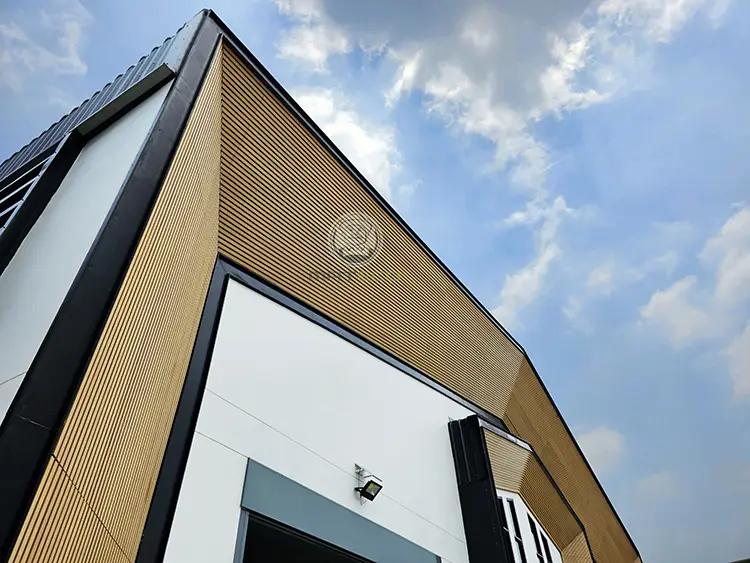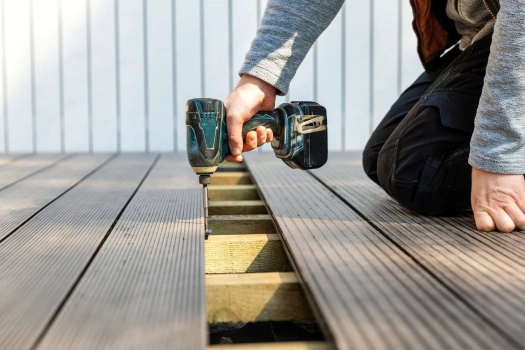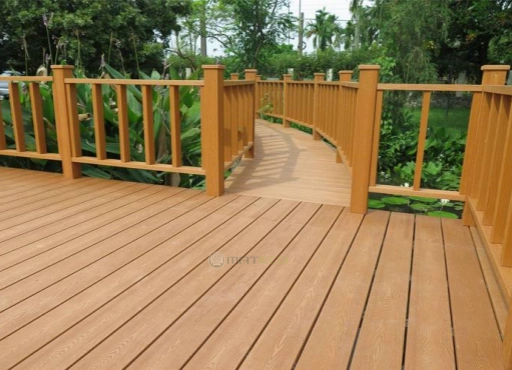Your Guide to Composite Decking Edging
When you're finishing a composite deck—whether for a private residence, a resort boardwalk, or a large-scale commercial terrace—how you edge the deck matters. It's not just about appearance; it's about longevity, safety, and structural integrity. If you're in the business of building or sourcing materials in bulk, here's your guide to composite decking edging.
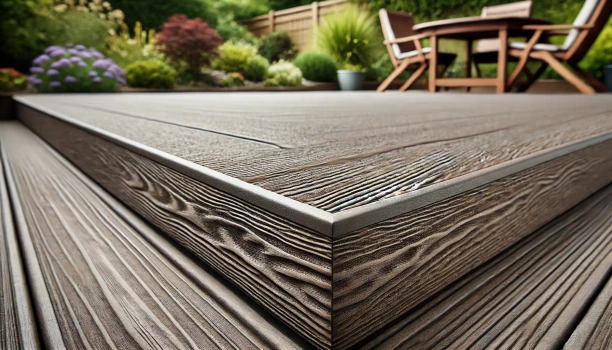
Table of Contents
What Is Composite Decking Edging?
Deck edging refers to the finishing trim elements that cover exposed board ends, frame the perimeter, or provide smooth transitions—especially on steps and corners. It's the final touch that protects the substructure and gives the install a professional-grade finish. Without it, you risk moisture infiltration, material warping, and a visually incomplete product.
Why Edging Isn't Optional
Decks without proper edging often look unfinished and are more vulnerable to wear. Here's what quality edging does for you:
Improves aesthetics: Clean lines and framed edges offer a professional, polished finish.
Guards against moisture: Protects ends and joints from water ingress.
Boosts safety: Reduces sharp corners and trip hazards.
Increases board stability: Hides expansion gaps and helps secure the perimeter.
Whether you're supplying to a contractor or installing yourself, ignoring edging is a shortcut that comes back to bite.
Choosing the Right Edging Material
Material compatibility is key. For most WPC decks, including those from MATECO, it makes sense to use edging made from the same PVC-based composite formula. This ensures uniform performance across expansion, colorfastness, and surface texture.
MATECO's decking and edging materials use UV Armor co-extrusion—an advanced layer fused directly with the core. It's not just strong—it's also lightweight, simplifying logistics and site handling.
Edge Profiles: Function Meets Form
Here's what you need to know about edging types:
Fascia Boards – These vertical trims wrap the outer frame, hiding joists and substructures while protecting the frame from the elements.
Corner Trims (L-shaped) – Perfect for exposed corners; they provide impact protection and create a smooth, finished appearance.
Bullnose Edging – Rounded edges, often used for steps or nosing, offer safety and a softer visual finish.
Square Edge Boards – Ideal for modern designs; great for face-fastened installations.
Specialty Edging – Includes grooved or beveled profiles that can support drainage or visual accents. Think high-end hotel decks or multi-level platforms.
Don't Forget the Details: Installation Strategy
Installation plays a major role in long-term performance:
Use hidden fasteners if you want clean lines with no visible screws.
Ensure proper gapping to accommodate thermal expansion.
For thicker boards, pre-drill and use backing support to prevent future sagging.
Miter your corners and align trim widths for consistency.
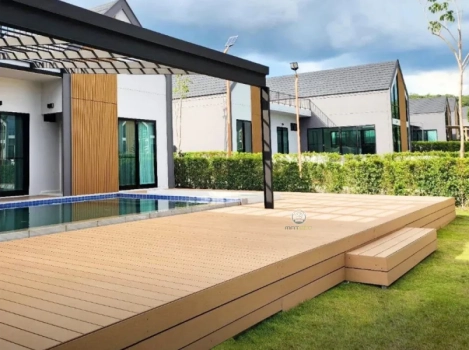
Heavy Traffic? Choose Smart
If your project involves public spaces, resorts, or high-traffic areas, you need edging that can take the hit. Look for profiles with:
Impact resistance
Scratch protection
Non-warping strength
Common Pitfalls to Avoid
Avoid these edging missteps:
Skipping gaps → leads to buckling
Mismatched colors or brands → inconsistent appearance
Under-supported fascia → sagging over time
Sloppy trim cuts → visible defects
If you're quoting a commercial job or supplying a project for a discerning client, these oversights can cost you repeat business.
Conclusion
Deck edging isn't just a decorative add-on. It's a critical part of the full system—protecting the structure, elevating the look, and meeting safety standards. Whether you prefer bullnose for stair safety, square edge for modern visuals, or layered fascia for premium installs, choose edging that matches your deck's core material and performance profile.




